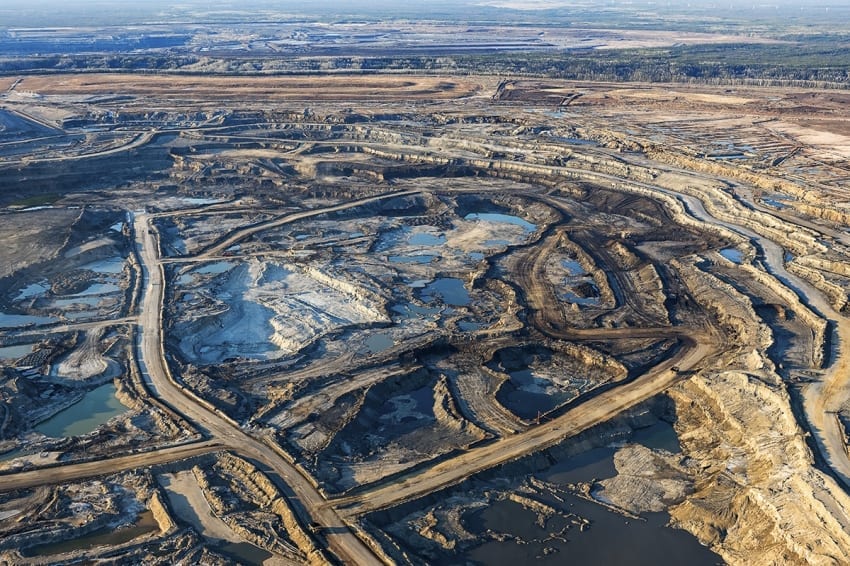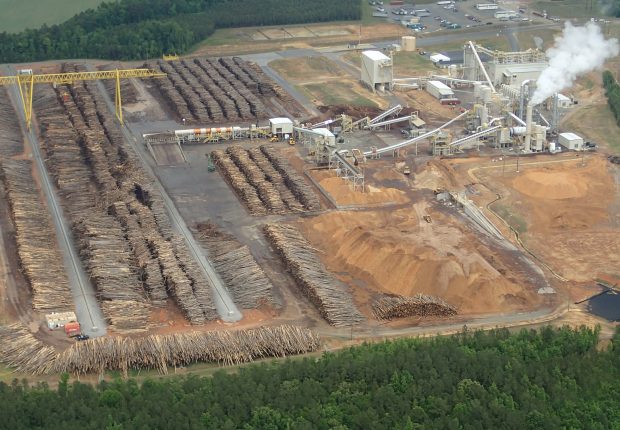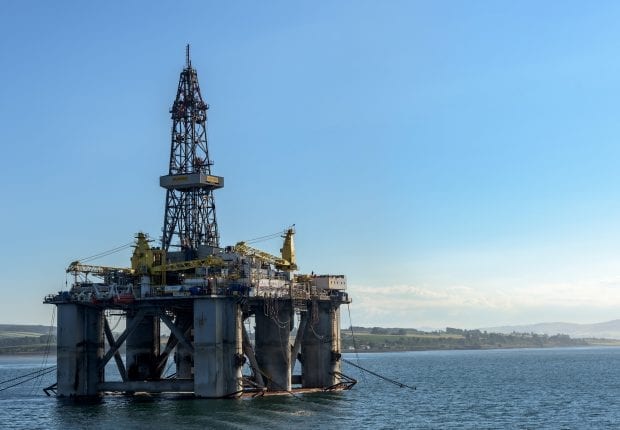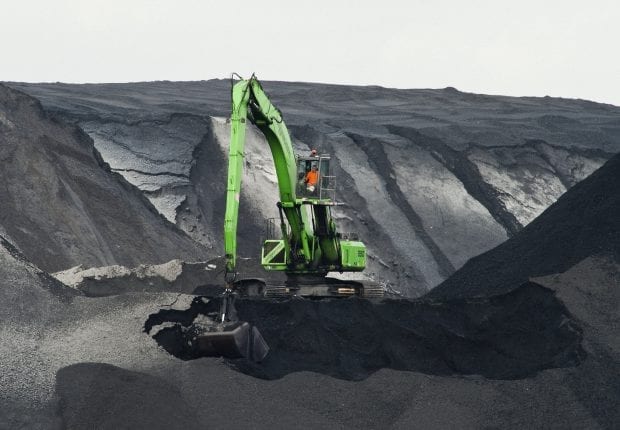
The Northern Alberta tar sands are the third-largest fossil fuel reserve on earth. Tar sands oil is fused within underground soil deposits, making its extraction extremely destructive by digging through kilometers of boreal forest, and water and energy-intensive by separating the oil from the soil using steam injected underground. BlackRock has billions of dollars invested in tar sands companies.
The high intensity of oil sands extraction and transportation threatens the climate and ecosystems, pollutes local communities, and violates Indigenous rights. Tar sands pipelines cross numerous fresh waterways and put local communities at risk of spills. Numerous Indigenous communities have fought against new pipelines on the grounds of unacceptable risks to the climate, water, wildlife, and their inherent rights and title. Tar sands oil also generates over twice the emissions per barrel as the average crude oil extracted in North America.
According to a recent report by Rainforest Action Network, current tar sands production is restricted by a pipeline bottleneck, meaning the fate of increased tar sands extraction effectively lives or dies with three proposed pipelines: Line 3, Keystone XL, and Trans Mountain.
BlackRock has $2.7 billion in the four key pipeline companies that still have existing or proposed pipelines to carry tar sands oil out of Alberta. BlackRock has a total of $75 billion in the 30 top tar sands production companies, including oil giants Chevron and Exxon. These companies are the top 30 by their tar sands reserves under production, plus their expansion reserves. In addition to its investments in tar sands companies, BlackRock is also one of the top shareholders of many of the largest banks that continue to finance tar sands and pipeline expansion.
During a time when we need to drop emissions, it makes no sense to keep extracting the dirtiest and most energy intensive form of fossil fuel. A major report published in Nature said extracting tar sands oil would use up almost one-third of the planet’s remaining carbon budget to keep the world below 2 degrees Celsius. Continuing to expand the tar sands every year – the current plans from industry and government – means “game over” for our shared climate.
In Northern Alberta, the scale of industrial activity and impacts on the natural environment and human health are astounding. After 50 years of oil sands extraction, only 0.1% of the land damaged by mines has been cleaned up.
Indigenous Nations near the tar sands have seen as much as 90% of their treaty lands destroyed by industrial impacts. Many Indigenous nations can no longer hunt or fish on their ancestral lands. The impacts on woodland caribou and other wildlife populations has been catastrophic.
The tar sands remain one of the biggest ecological and human rights disasters on the planet today. If BlackRock aims to be a leader in sustainable investing, it needs a tar sands policy to ensure its investments do not support expansion of one of the dirtiest fossil fuel projects on earth.


